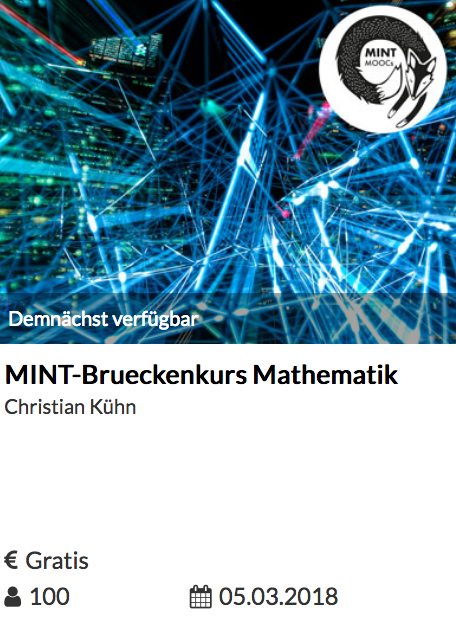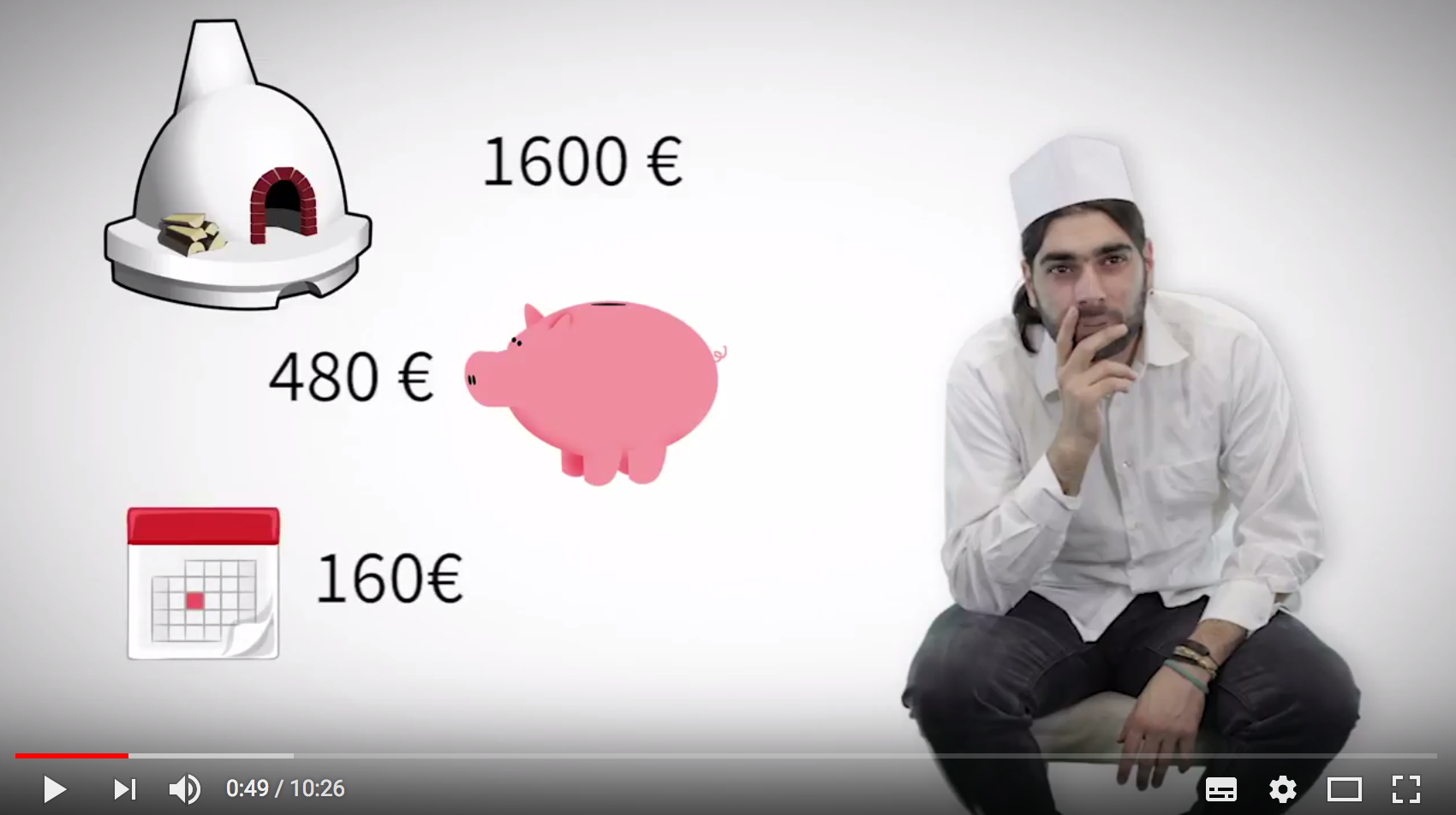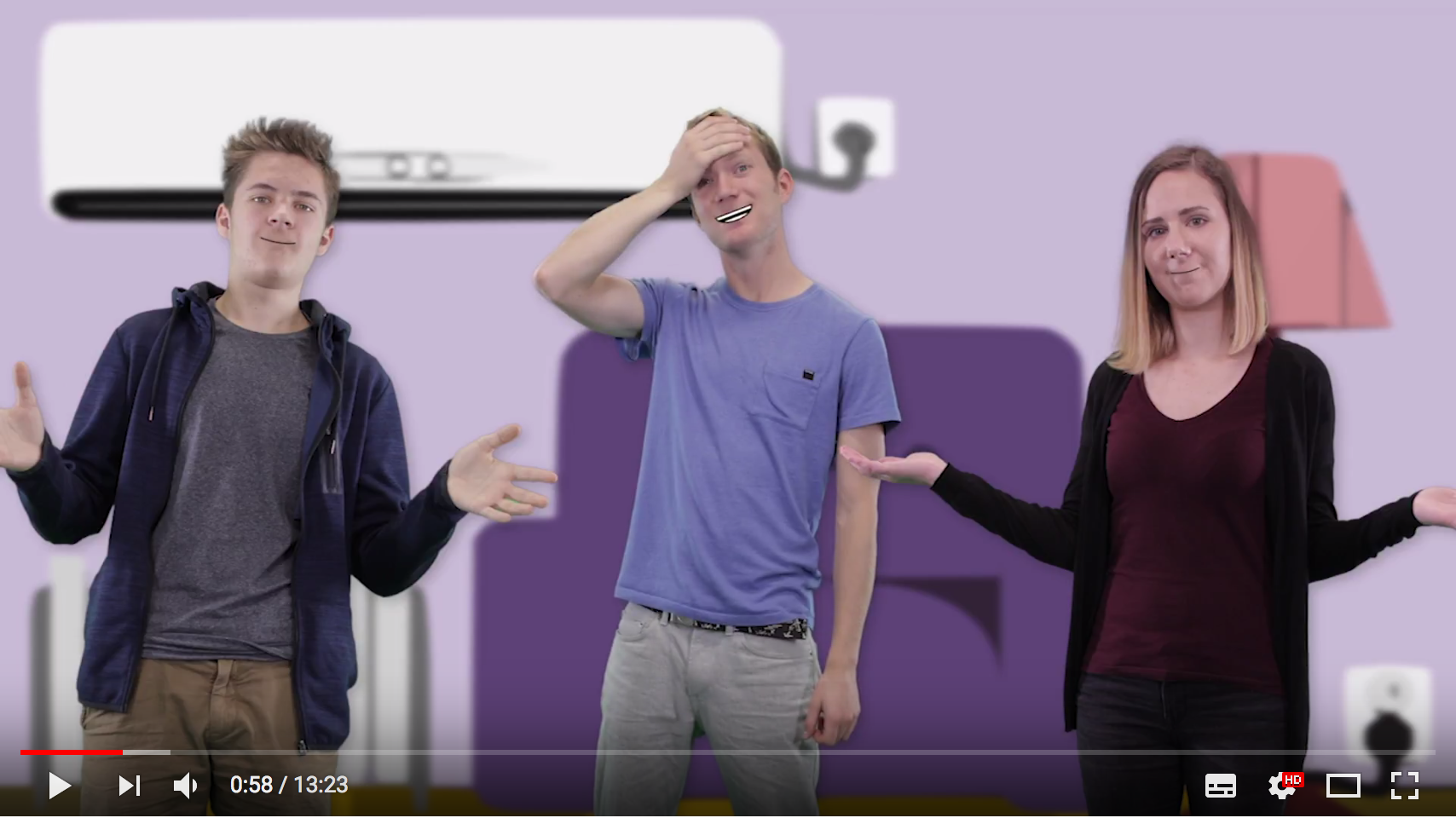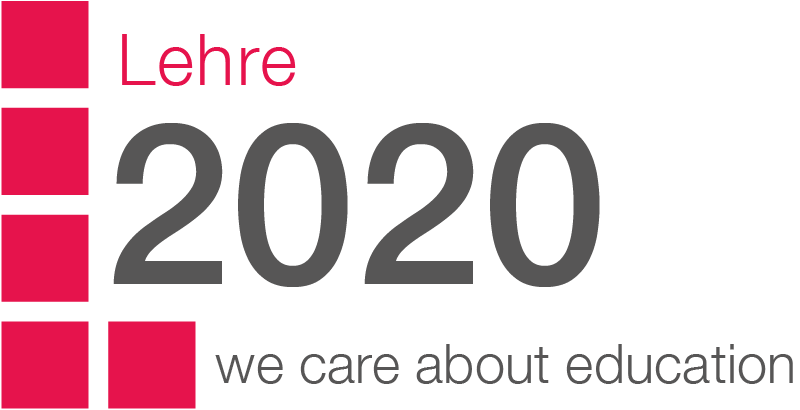We are very proud to be part of the book „Digital Workplace Learning“ with a contribution about our MOOC research. This time we take a look to a particular MOOC and reported about the case study. Our chapter „Can Learning Analytics Find Success in Didactical Measurements? Results from a MOOC Case Study“ is now published.
Abstract:
In recent years, massive open online courses (MOOCs) led the road into a new era of learning environment systems. Since 2008, e-Learning witnessed a new type of course which is massive in student numbers, open for anyone, and available for all without limitations. MOOCs integrate social networking, accessible online resources, and open-ended outcomes and are publicly shared. In addition, MOOCs offer several online variables that allow researchers from analytical disciplines (learning analytics) to translate these variable data values into research actions and interpret patterns. In this chapter, we present a detailed analysis of a MOOC case study offered in the previous 2 years, 2015 and 2016. The Graz University of Technology, the University of Graz, and partners from the Medical University of Graz collaborated on a project producing a MOOC called “Dr. Internet.” This MOOC aims to investigate whether the Internet helps or hurts in the endeavor to increase health literacy of the public and how it affects the practitioner-patient relationship. Nevertheless, the research study in this chapter is looking onto a different point of view. We will follow a quantitative investigation and apply learning analytics techniques on learners’ behavior as well as scrutinize traces they left behind in videos, discussion forums, and quizzes. In addition, we try to further inspect the dropout rate and level of engagement. It can be outlined that the early analysis results show that those MOOCs behaved similar to other studies but they differ in the higher number of reads in the discussion forum. Reasonable didactical interventions assisted to change learners’ attitudes toward online learning. This chapter will also describe the didactical approach of the Dr. Internet MOOCs.
[Full Paper @ Springer]
[Draft version @ ResearchGate]
Reference: Khalil M., Ebner M. (2018) Can Learning Analytics Find Success in Didactical Measurements? Results from a MOOC Case Study. In: Ifenthaler D. (eds) Digital Workplace Learning. Springer, Cham. pp. 211-225
 So der Brückenkurs zur Mathematik ist bereits in Woche 3. Die Begriffe Injektiv, Surjektiv und Bijektiv sind geläufig? Wenn nicht, zahlt es sich sicher aus vorbeizuschauen 🙂 .
So der Brückenkurs zur Mathematik ist bereits in Woche 3. Die Begriffe Injektiv, Surjektiv und Bijektiv sind geläufig? Wenn nicht, zahlt es sich sicher aus vorbeizuschauen 🙂 .







